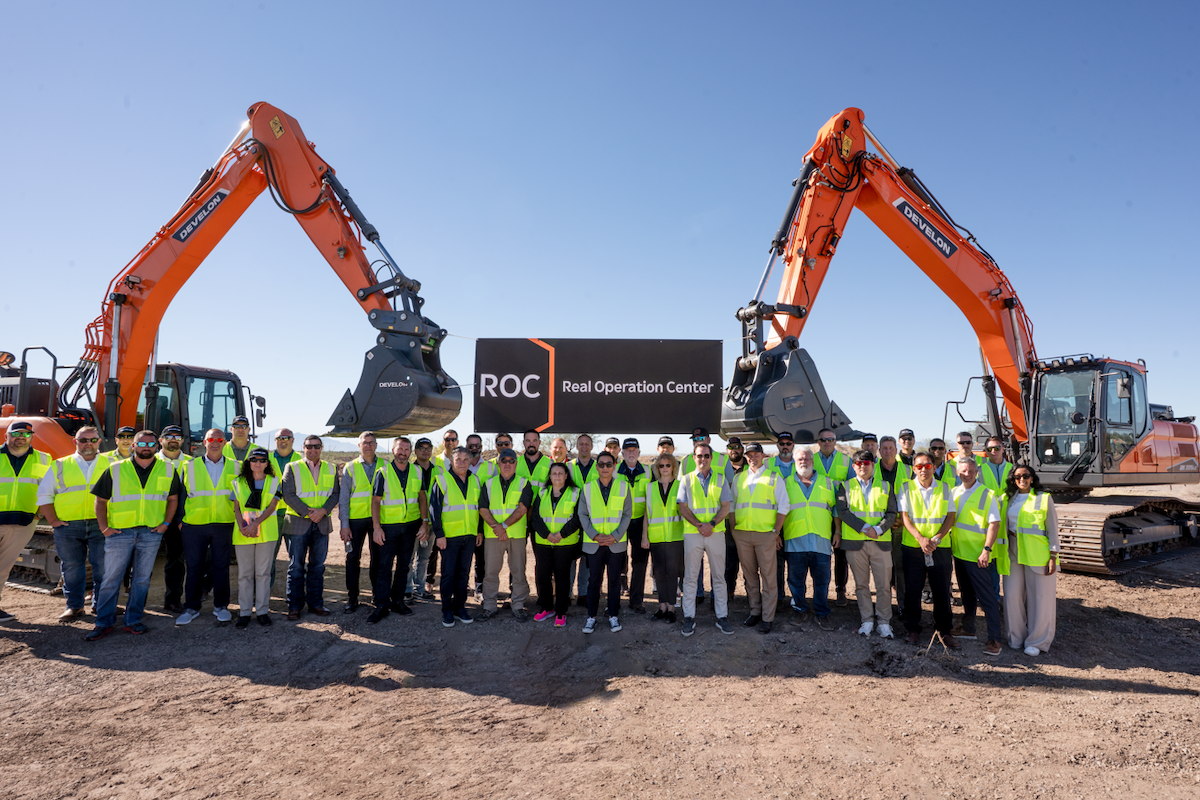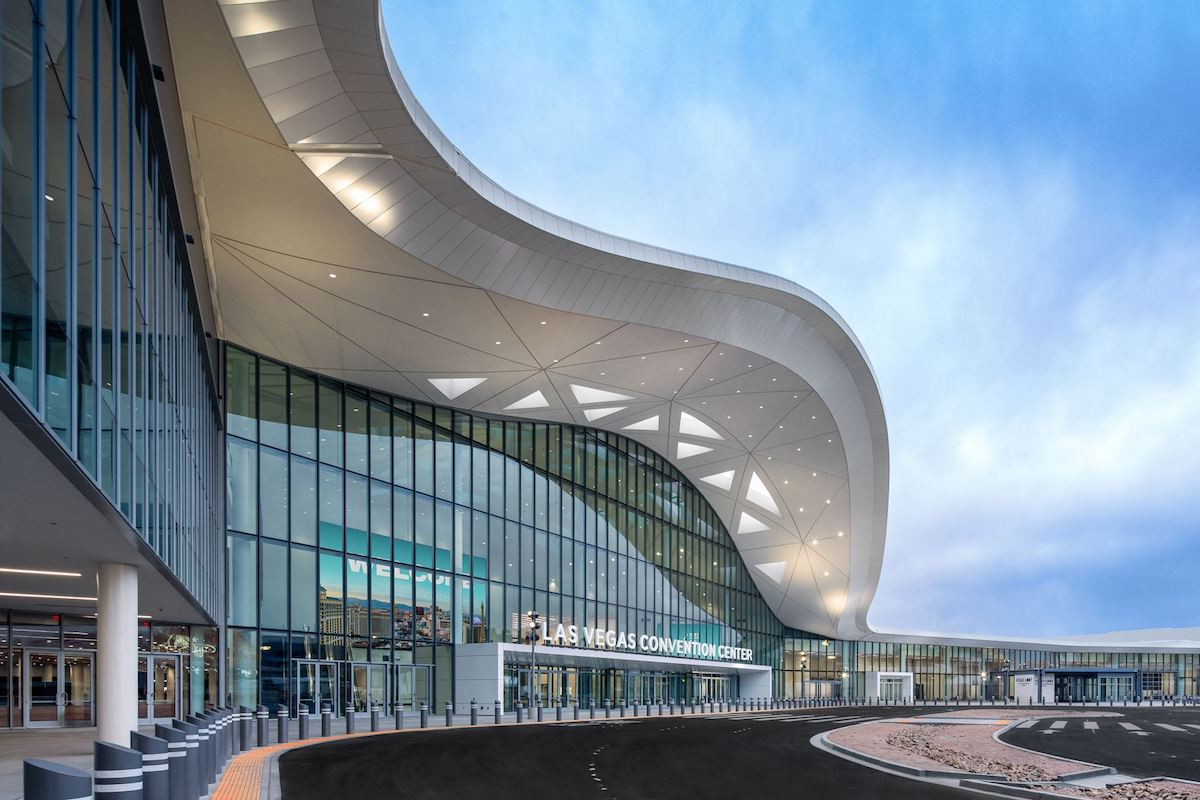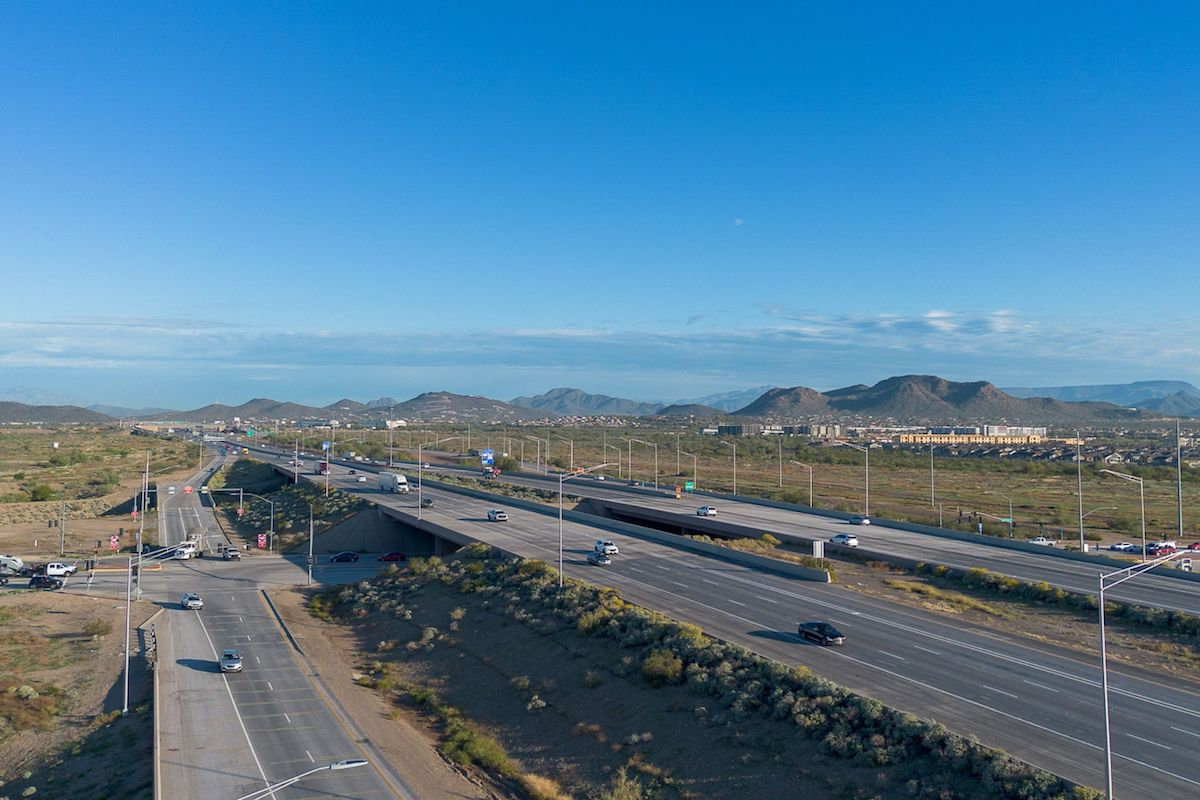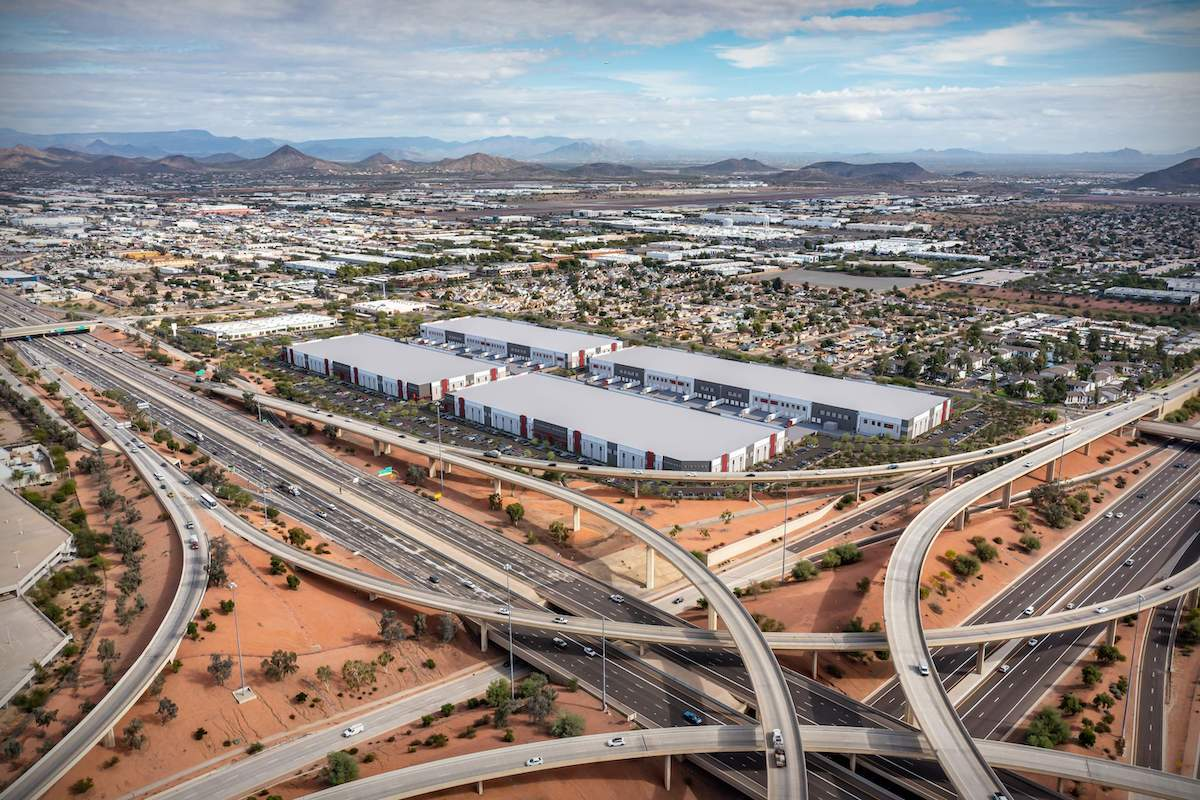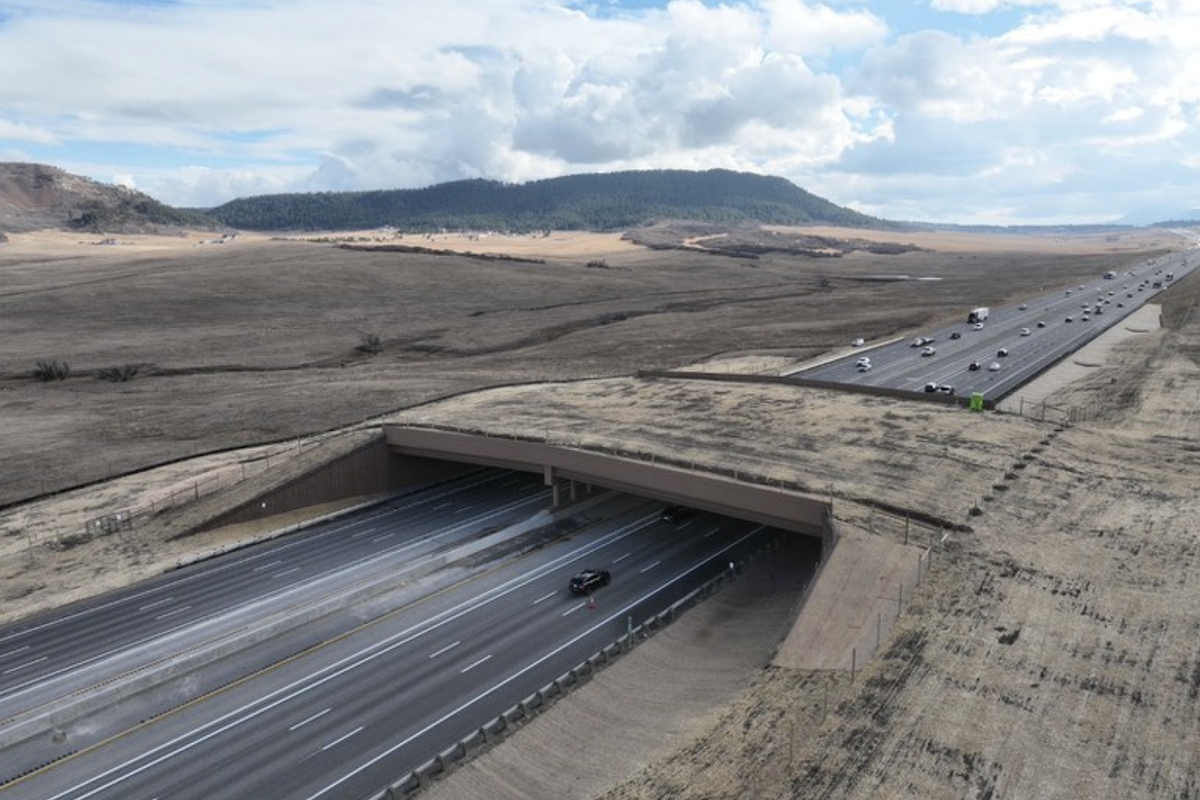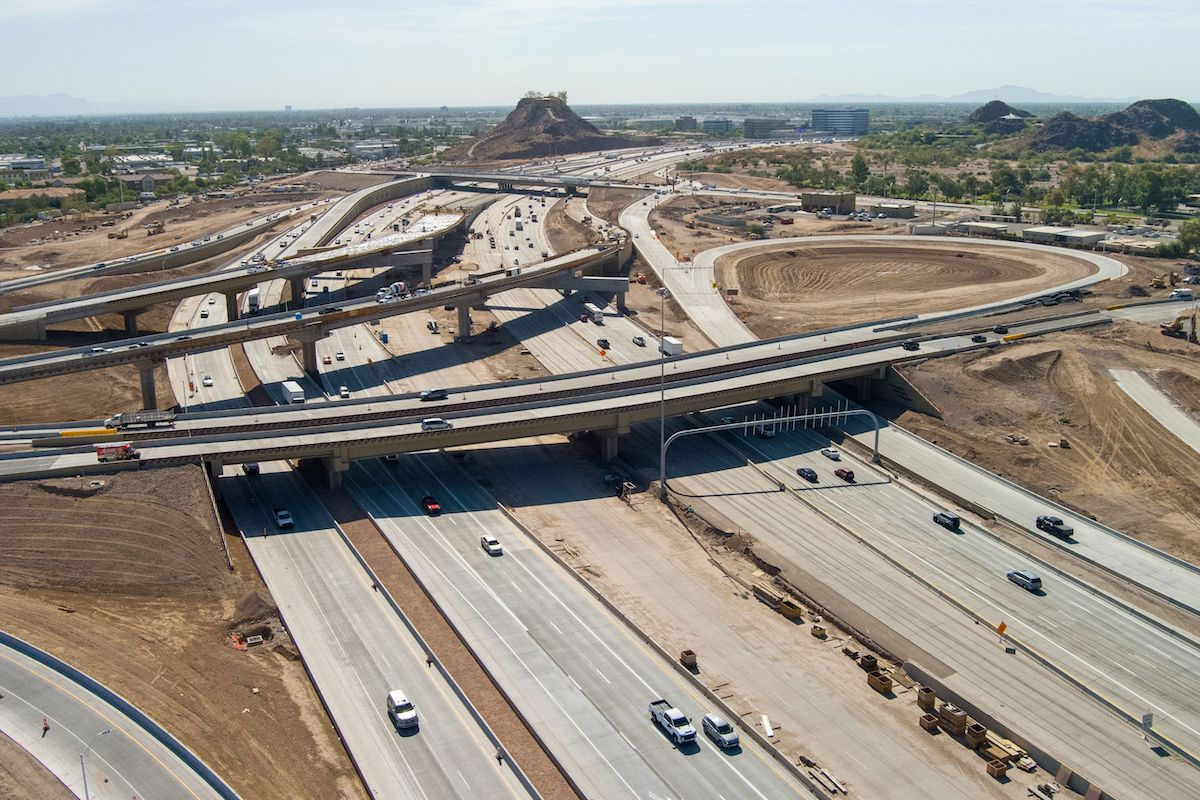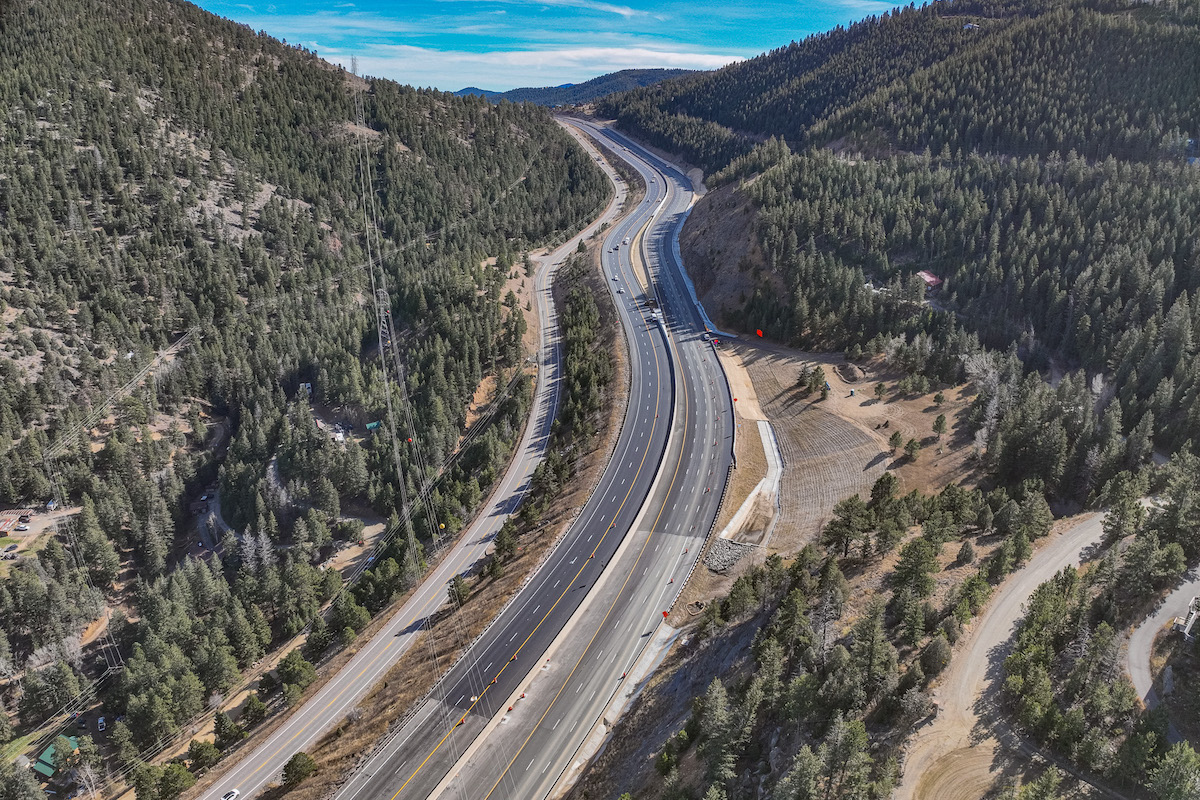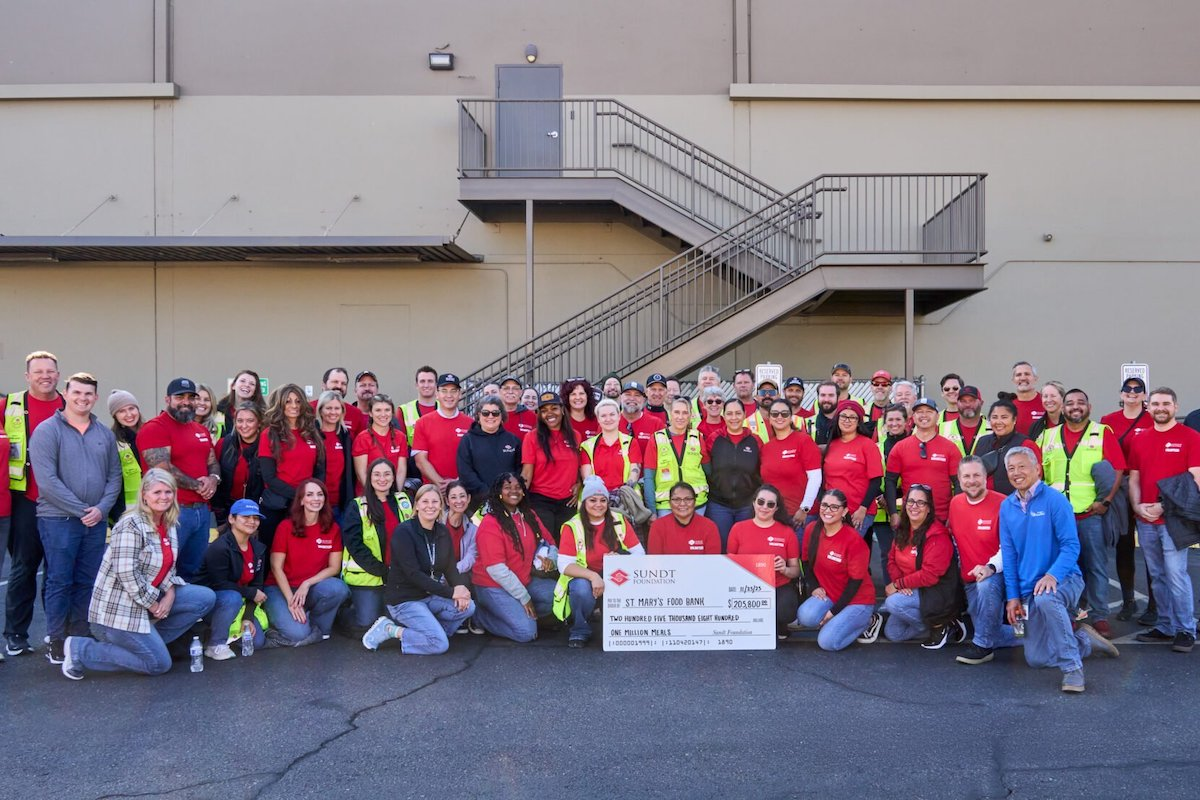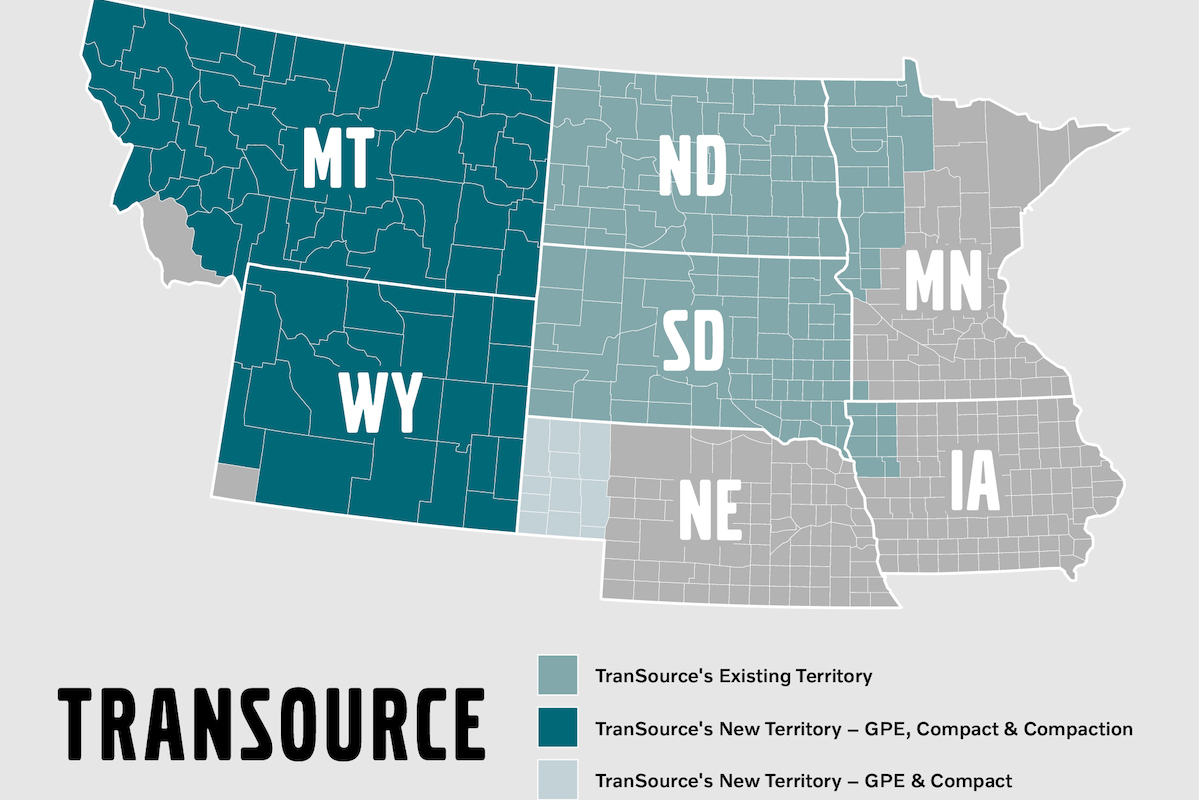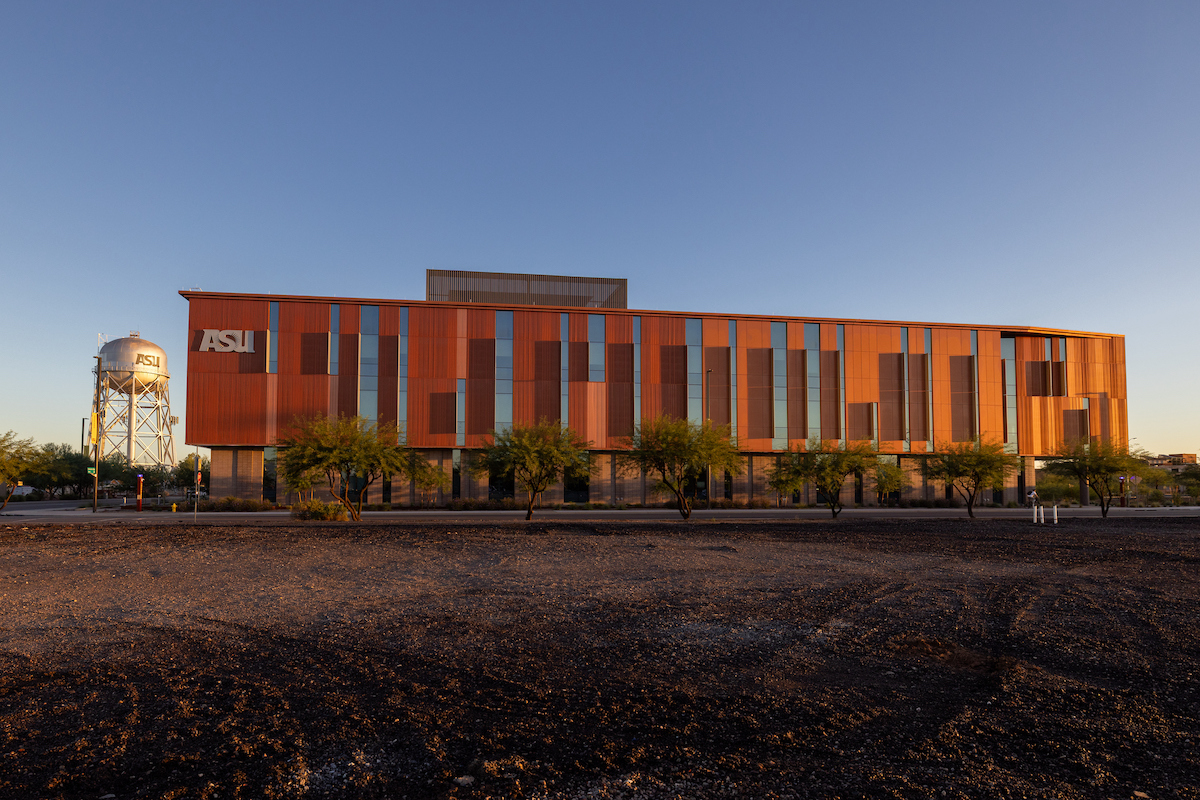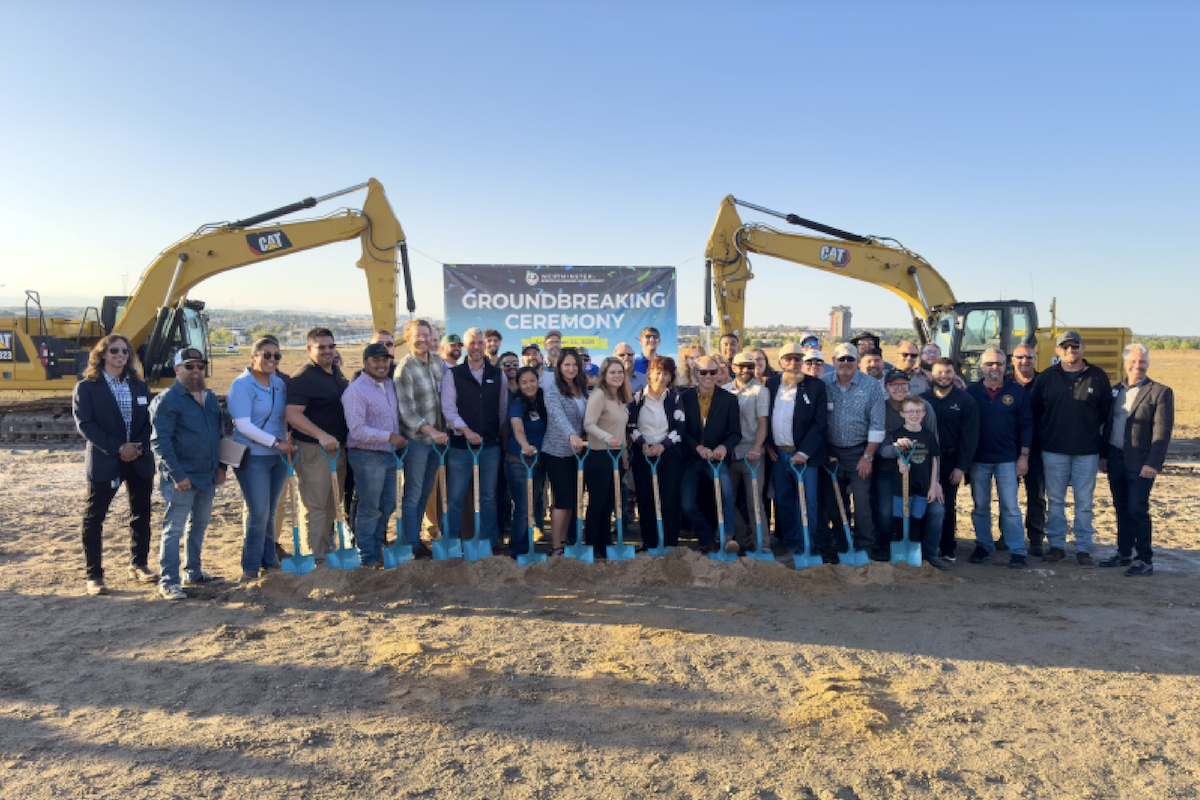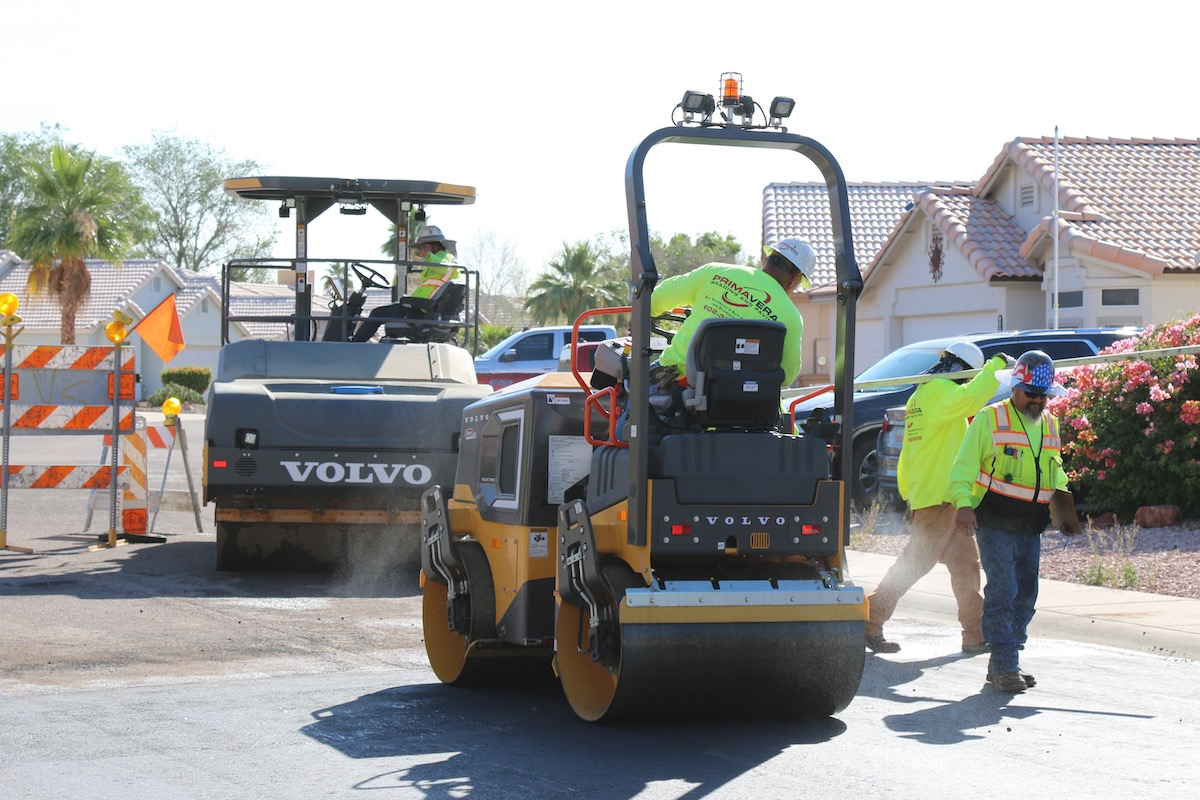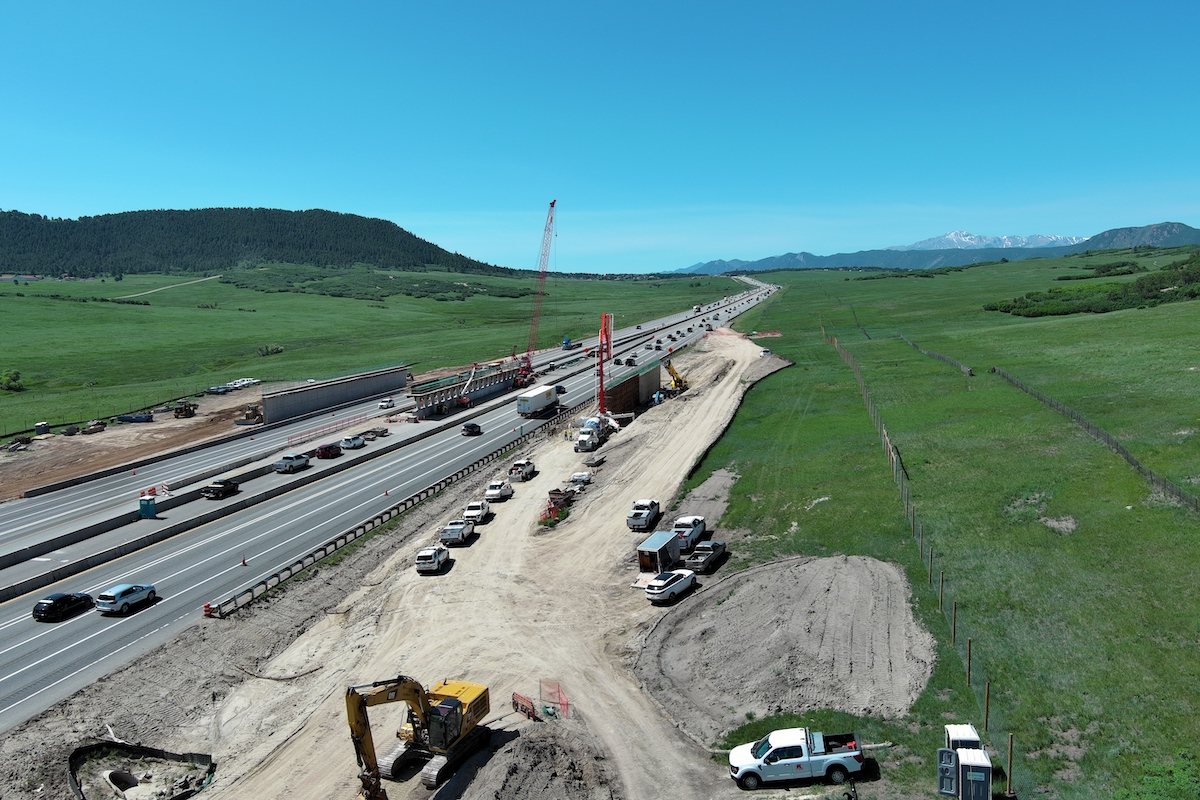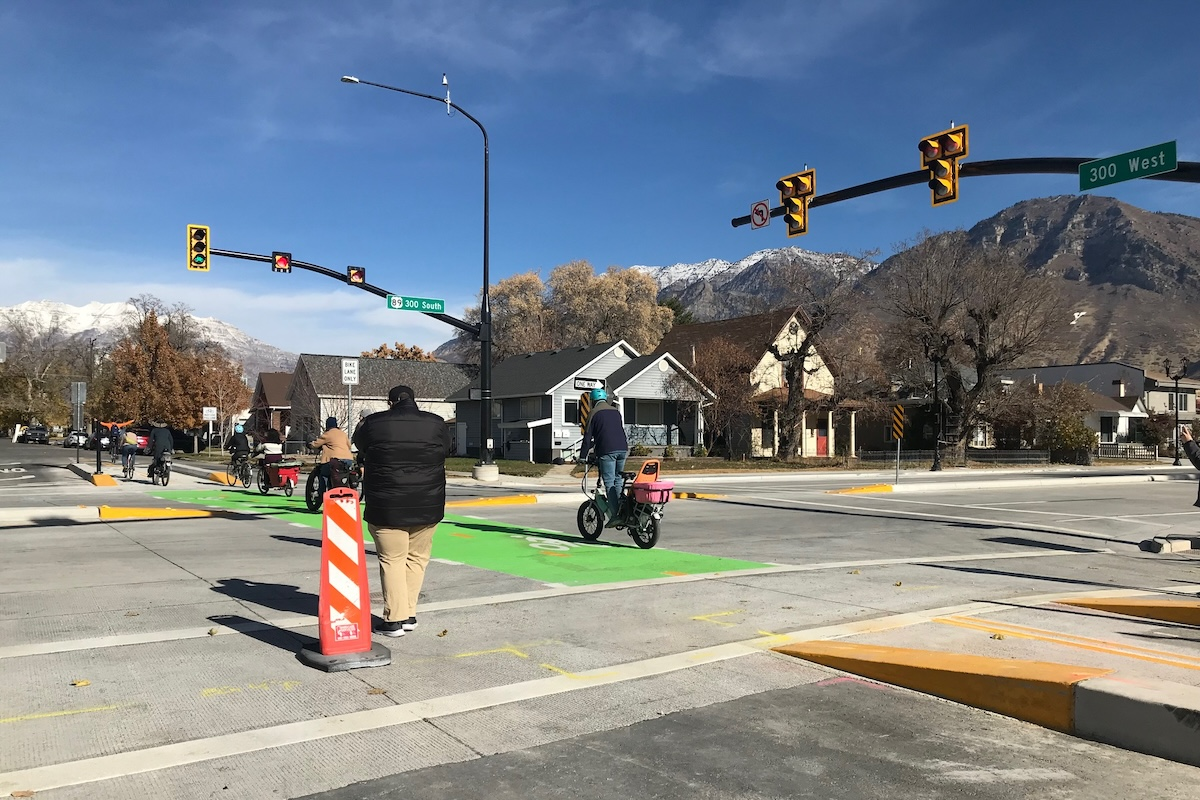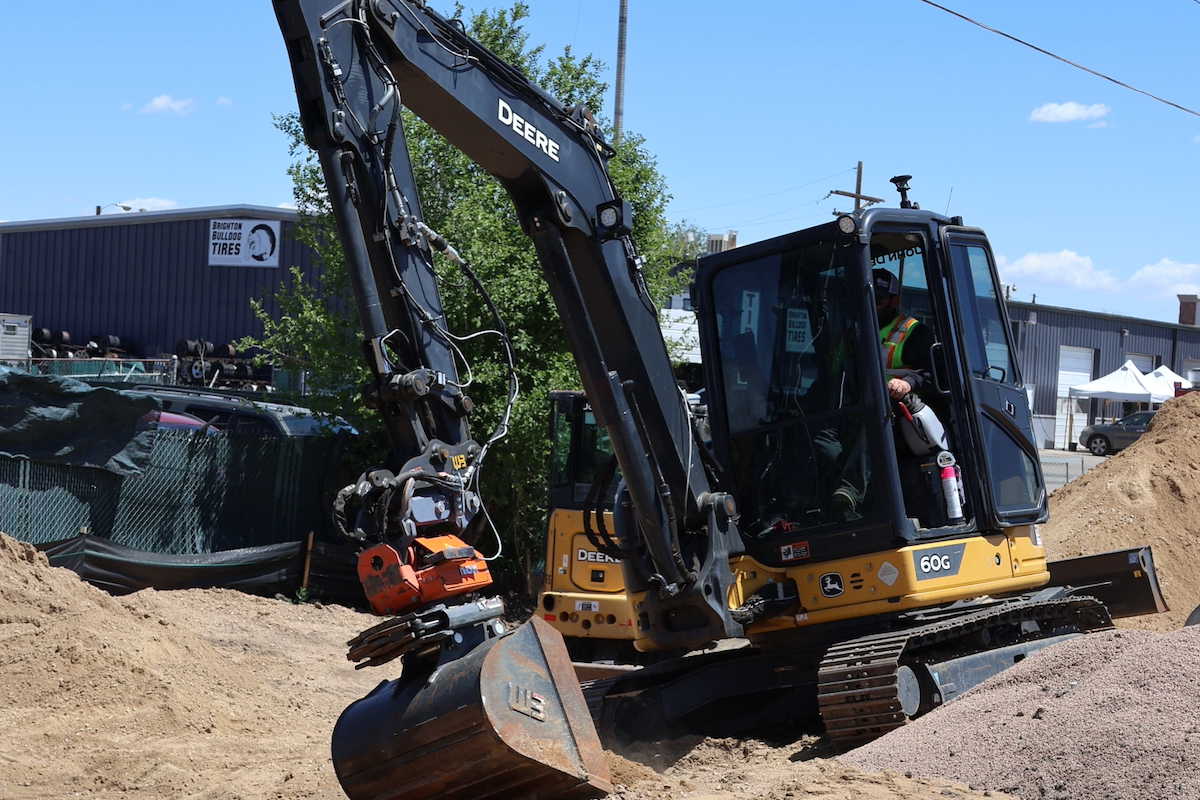The Colorado Transportation Commission approved the standard as part of the Colorado Department of Transportation’s (CDOT) planning rules, which govern the process for choosing future transportation construction projects. The standard requires CDOT and the state’s five Metropolitan Planning Organizations (MPOs) to determine the total GHG emissions expected from future transportation projects, holding government agencies accountable for the planning decisions that they make and the choices those decisions provide to consumers. This policy recognizes that the transportation projects that public agencies build have an impact on how Coloradans travel and will result in more choices for travelers across the state.
Long before a transportation project is built, it is first identified in plans developed with local public input. These plans often include a decade or more of projects and thus represent a short- and medium-term vision for coming changes. By considering air quality impacts at this early stage of development, agencies can more holistically, and efficiently, consider how those projects fit into the built environments and surrounding communities — before the discussion turns to the technical details of project development.
“Transportation is the No. 1 source of greenhouse gas pollution," said CDOT Executive Director Shoshana Lew. "The urgency of tackling climate action is real and inaction is not an option as we confront the reality of extreme events like devastating wildfires, floods, and droughts becoming more frequent and air that is dangerous to breathe becoming the norm. Colorado’s Pollution Reduction Planning Standards hold the public agencies that make choices about what to build and how accountable for the options that we provide to Coloradans who rely on our multimodal systems each and every day. We need to lead by example.”
This approach supports the planning and delivery of innovations that have proven successful in improving quality of life and air quality, such as adding sidewalks, enhancing downtowns for active transportation with “complete streets,” improving local and intercity transit and first-and-last-mile connectivity to transit facilities, and adding bike-shares.

| Your local Volvo Construction Equipment dealer |
|---|
| Faris Machinery |
The planning standard is expected to generate billions in economic benefits for both members of the general public and for Colorado businesses. Implementation of the rule will also reduce economic costs associated with carbon emissions, air pollution, motor vehicle crashes, and the health consequences of physical inactivity. Travelers will benefit from reductions in vehicle operating costs as a result of expanded travel options (such as transit service, tele-commuting, walking, and bicycling), travel time savings, and the need to use personal vehicles less due to more travel options.
Businesses are also expected to benefit from congestion reduction that saves travel time for “on-the-clock” business travel, reduced health care costs for employees as a result of reduced air pollution, motor vehicle crashes, and physical inactivity. They may also experience increased worker retention and satisfaction as a result of employees having expanded commute or work from home options.
“The Transportation Commission considered numerous hours of comments at public hearings conducted all around the state, and reviewed several thousand pages of detailed written input as they developed the final rule adopted today,” said Transportation Commissioner Lisa Tormoen Hickey, who served as the Chair of the commission’s ad-hoc committee that oversaw all work on the rule. “We are pleased to have adopted a rule which will continue our collaborative transportation planning process while we work together to build a more sophisticated transportation system based on modern transportation planning tools. The rule will increase access to efficient and safe travel options as Colorado continues to grow, while recognizing the climate impacts of the transportation sector. Most importantly, we have recognized that economic vitality depends on a stable and healthy environment, which has always been a hallmark of the Colorado way of life.”
The proposed Greenhouse Gas Pollution Reduction Planning Standard builds on and complements the state’s efforts to rapidly expand electric vehicles by also addressing the transportation infrastructure itself to better support clean transportation. This two-pronged strategy delivers on a commitment in the Colorado Greenhouse Gas Roadmap and implements a key provision of the state’s landmark transportation legislation, SB-260, which requires a number of steps to embed air quality and equity analysis and goals into transportation planning.












